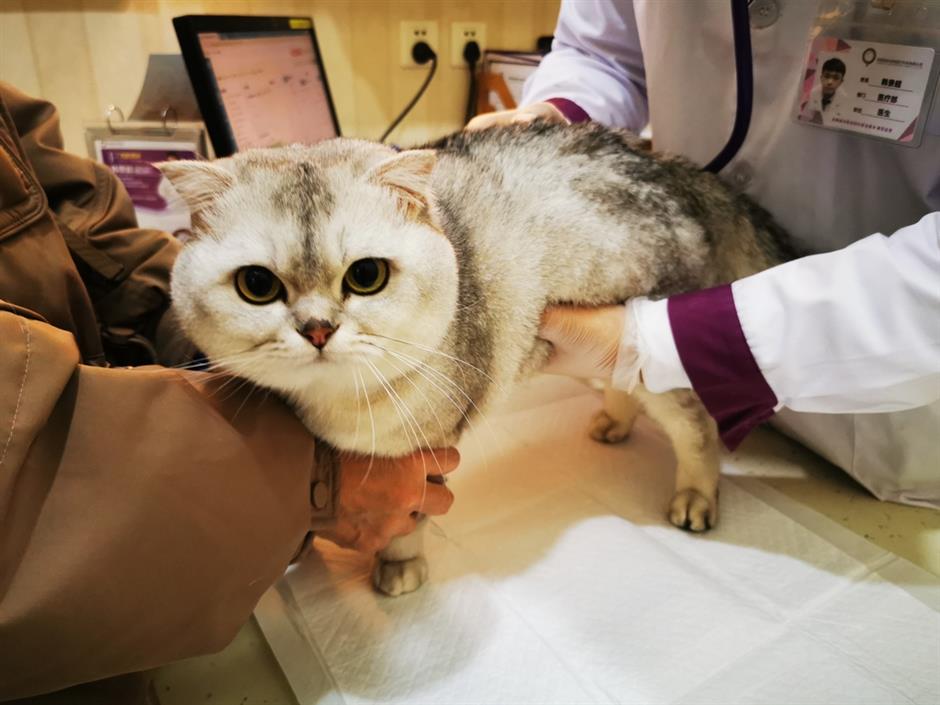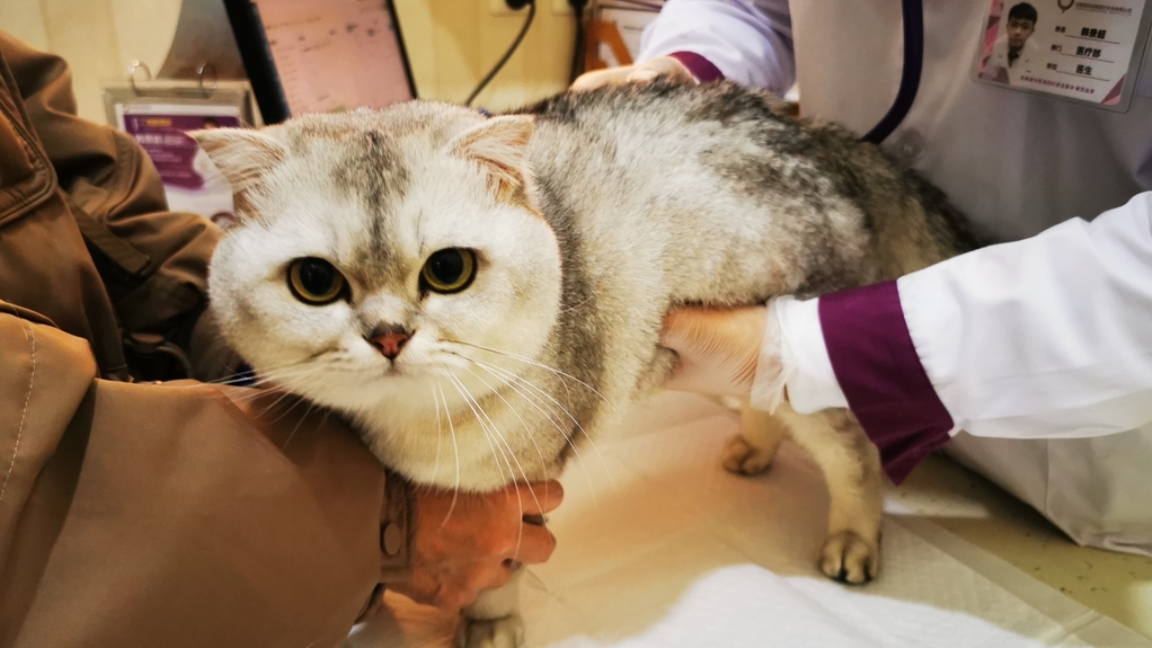Guangzhou Pushes Untraceable Pet Blood Ban Amid 'Blood Cat' Fear

The Guangzhou Animal Medical Association yesterday called on veterinary clinics to stop using dog and cat blood from unknown sources, following a surge of public concern over alleged "blood cat" abuse.
The association — a non-profit body formed by veterinary institutions in the city — said the initiative was prompted by online controversy after a blogger claimed stray cats were being captured and bled to supply paid transfusions. The original video has since been deleted, The Paper reported, and the blogger could not be reached for comment.
Relevant industry reports show that China is now home to more than 71.5 million pet cats, not including strays, driving increased demand for safe feline blood.
Transfusions are often critical for cats suffering from severe anemia, poisoning, liver disease or clotting disorders.
A Guangzhou veterinarian told The Paper that cats have A, B and AB blood types, with A being the most common. Donor cats must undergo strict screening — age, weight, vaccination and disease testing — to ensure safe transfusion.
Guidelines recommend donor cats be 1–8 years old, weigh over 4kg, live indoors, and not be pregnant. They should donate no more than 10 ml of blood per kg of body weight and wait at least six weeks between donations.
A volunteer involved in animal rescue told the Paper that most transfusions currently rely on community networks, where cat owners assist each other and may offer modest compensation — typically 300–500 yuan (US$42-70) plus travel expenses. Some animal welfare groups have also launched voluntary blood-sharing programs, but demand still far exceeds supply.
This gap has given rise to commercial suppliers — often registered as biotech companies — that partner with clinics or breeders to sell cat blood at high prices, sometimes 800 yuan or more for 50 ml, according to insiders quoted by The Paper.
Cats used solely for blood extraction are referred to in the industry as "blood cats," and their origins, living conditions and donation frequency have drawn heightened scrutiny.
In August 2023, a media outlet reported that a former employee of a pet hospital in Guangzhou alleged that staff regularly collected blood from healthy animals being boarded — without owners' knowledge — and sold it for around 80 yuan per ml. The clinic denied wrongdoing, and inspectors said they found no violations at the time but vowed to strengthen oversight. Attempts by The Paper to reach the clinic again this week were unsuccessful.
Zhao Liangshan, a lawyer in Shaanxi Province, told The Paper that China currently has no administrative regulations or mandatory national standards for pet blood transfusions. He urged authorities to accelerate rule-making and tighten routine supervision of commercial pet blood banks to better protect animal welfare.


In Case You Missed It...








